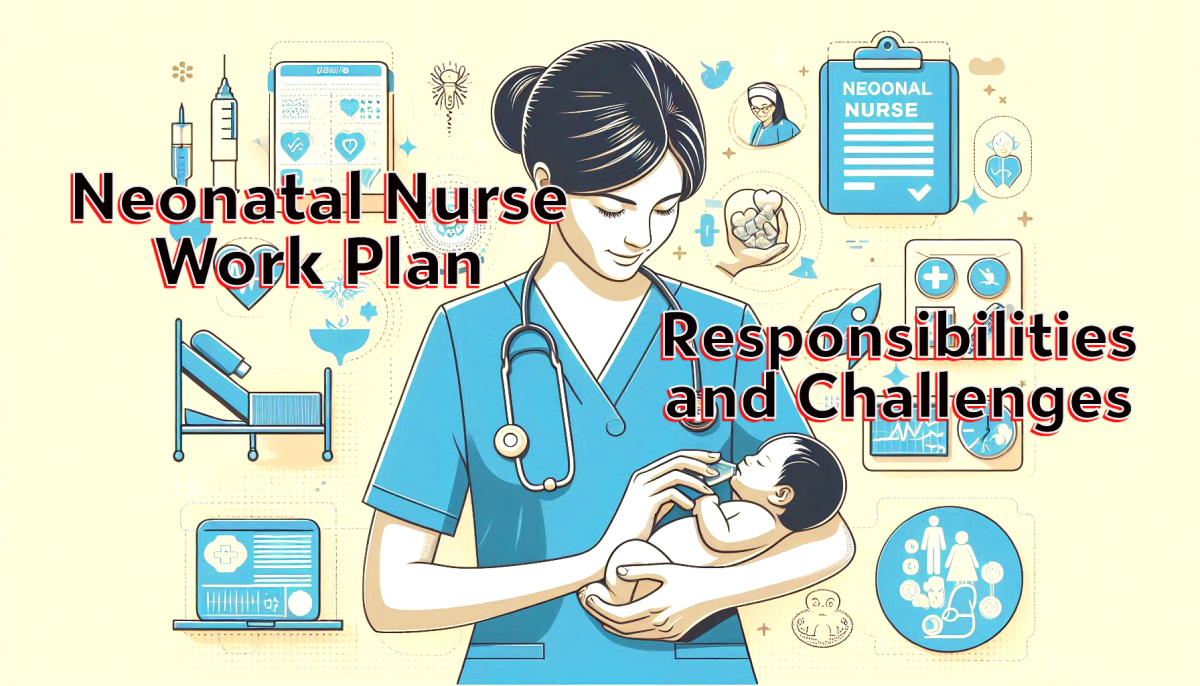Psychiatric nurse practitioners (PNPs) are vital healthcare professionals specializing in mental health care. They play an essential role in diagnosing and treating mental illnesses, providing holistic care to individuals and communities.
This article explores the responsibilities, education, skills, challenges, and impact of mental health nurse practitioners in the healthcare landscape.
What is a Psychiatric Nurse Practitioner?
A psychiatric nurse practitioner is an advanced practice registered nurse (APRN) with specialized training in mental health. PNPs assess, diagnose, and treat various mental health conditions, often working collaboratively with other healthcare professionals to provide comprehensive care. They can prescribe medications, conduct therapy, and lead mental health education initiatives.
Responsibilities of a Psychiatric Nurse
Psychiatric nurse practitioners have a wide range of responsibilities, including:

- Comprehensive Assessment: Conducting detailed mental health assessments to evaluate patients’ conditions.
- Diagnosis: Diagnosing mental health disorders based on assessment findings and clinical guidelines.
- Treatment Planning: Developing individualized treatment plans that may include medication management, therapy, and lifestyle changes.
- Medication Management: Prescribing and managing psychiatric medications, monitoring their effects, and adjusting dosages as needed.
- Therapeutic Interventions: Providing psychotherapy, counseling, and crisis intervention to patients and their families.
- Patient Education: Educating patients about their conditions, treatment options, and coping strategies.
- Collaboration: Working with a multidisciplinary team, including psychologists, social workers, and psychiatrists, to provide holistic care.
Educational Pathway for Mental Health Nurse Practitioner
Steps to Becoming a Psychiatric Nurse Practitioner
To become a psychiatric nurse practitioner, individuals typically follow this educational pathway:
| Step | Details |
|---|---|
| 1. Obtain a Nursing Degree | Earn a Bachelor of Science in Nursing (BSN) or Associate Degree in Nursing (ADN). |
| 2. Gain Clinical Experience | Acquire clinical experience in mental health settings as a registered nurse (RN). |
| 3. Pursue Advanced Degree | Complete a Master’s or Doctorate in Nursing with a focus on psychiatric-mental health. |
| 4. Obtain Licensure | Pass the NCLEX-RN to become a licensed registered nurse and obtain APRN certification. |
| 5. Certification | Obtain national certification in psychiatric-mental health nursing (e.g., PMHNP-BC). |
Continuing Education
Psychiatric nurse practitioners are required to engage in ongoing education to maintain licensure and stay current with advancements in mental health care.
Skills Required for Psychiatric Nurse
PNPs need a unique skill set to provide effective care in the mental health field. Key skills include:
- Clinical Expertise: Advanced knowledge of mental health disorders and treatment modalities.
- Communication Skills: Ability to communicate empathetically and effectively with patients, families, and colleagues.
- Critical Thinking: Strong analytical skills to assess patient needs and make informed decisions.
- Crisis Management: Skills to handle emergencies and provide immediate support in crisis situations.
- Cultural Competence: Understanding and respecting diverse backgrounds and beliefs in mental health care.
Challenges Faced by Psychiatric Nurse Practitioners
While rewarding, the role of a mental health nurse practitioner comes with challenges:
- Emotional Stress: Managing patients with severe mental health conditions can lead to emotional fatigue and burnout.
- Stigma: Overcoming societal stigma around mental illness can be a barrier for both patients and providers.
- Complex Cases: PNPs often deal with complicated cases involving co-occurring disorders, requiring extensive knowledge and adaptability.
- Regulatory Hurdles: Variability in state regulations and scope of practice can limit PNPs’ autonomy in some regions.
The Impact of Psychiatric Nurse Practitioners on Patient Outcomes
Research shows that psychiatric nurse practitioners significantly improve outcomes for individuals with mental health issues. Their contributions lead to:
- Enhanced Access to Care: PNPs help bridge the gap in mental health services, particularly in underserved areas.
- Improved Treatment Adherence: By providing education and support, PNPs encourage patients to adhere to their treatment plans.
- Increased Patient Satisfaction: Establishing therapeutic relationships leads to higher levels of patient satisfaction and engagement.
FAQs About Mental Health Nurse Practitioners
Conclusion
Psychiatric nurse practitioners are essential to the mental health care system, offering specialized support and treatment to individuals facing mental health challenges.
Their advanced training, holistic approach, and dedication to patient care make them indispensable in promoting mental well-being and improving patient outcomes.
As mental health awareness continues to grow, PNPs will play an increasingly significant role in shaping the future of mental health care.




